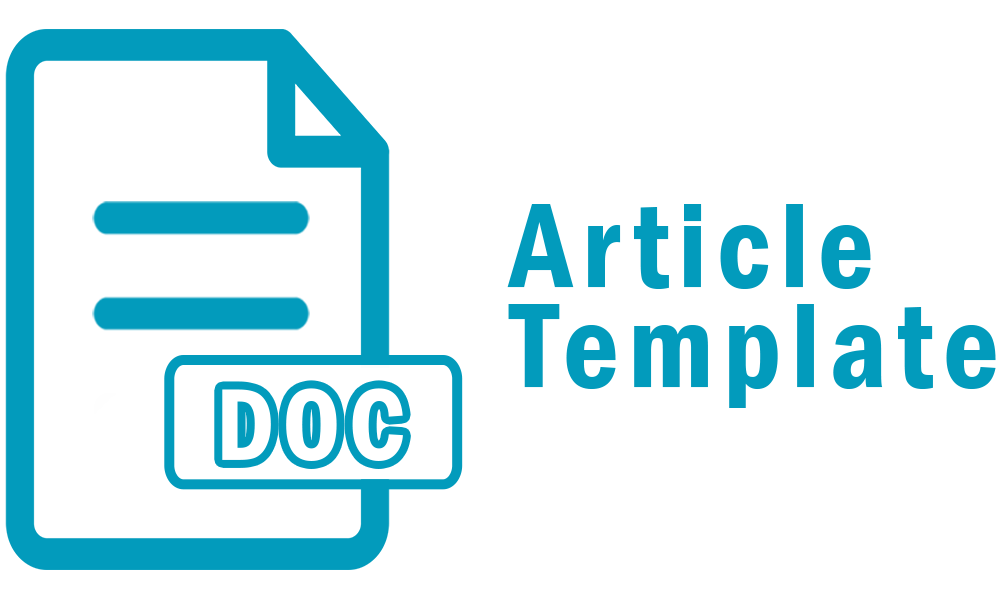About the Journal
Jurnal Pengabdian Kepada Masyarakat (PEKAMAS)
The Journal of Community Service or commonly abbreviated as PEKAMAS Polimedia is a journal for the development and application of science and technology that contains publications on the results of community service activities carried out, models or concepts and their implementation in the context of improving the implementation of community service.
Focus and Scope
Jurnal Pengabdian Kepada Masyarakat welcomes original manuscripts related to community service and empowerment activities, particularly those that are:
-
Based on the application of science and technology,
-
Innovative and sustainable,
-
Collaborative and participatory,
-
Oriented toward problem-solving in society.
Topics of interest include (but are not limited to):
-
Community empowerment,
-
Education and training,
-
Appropriate technology,
-
Health and environment,
-
Creative economy and entrepreneurship,
-
Communication and media literacy.
Peer Review Process
Every article that goes to the editorial staff will be selected through Initial Review processes by the Editorial Board. Then, the articles will be sent to the reviewers and will go to the next selection by the Blind Preview Process. After that, the articles will be returned to the authors to revise. These processes take a month for a maximum time. In each manuscript, reviewers will be rated from the substantial and technical aspects.
Publication Frequency
July and January
Open Access Policy
This journal provides immediate open access to its content on the principle that making research freely available to the public supports a greater global exchange of knowledge.
Publication Ethics
Section A: Publication and Authorship
- All submitted papers are subject to a peer review process by two reviewers that are experts in the area of the particular paper.
- Review process is blind peer review.
- The factors that are taken into account in review are relevance, soundness, significance, originality, readability, and language.
- The possible decisions include Accept Submission, Revisions Required, Resubmit for Review, or Decline Submission.
- If authors are encouraged to revise and resubmit a submission, there is no guarantee that the revised submission will be accepted.
- Declined articles will not be re-reviewed.
- The paper acceptance is constrained by such legal requirements as shall then be in force regarding libel, copyright infringement and plagiarism.
- No research can be included in more than one publication.
Section B: Authors’ responsibilities
- Authors must certify that their manuscripts are their original work.
- Authors must certify that the manuscript has not previously been published elsewhere.
- Authors must certify that the manuscript is not currently being considered for publication elsewhere.
- Authors are obliged to provide retractions or corrections of mistakes.
- All Authors mentioned in the paper must have significantly contributed to the research.
- Authors must state that all data in the paper are real and authentic.
- Authors must notify the Editors of any conflicts of interest.
- Authors must identify all sources used in the creation of their manuscript.
- Authors must report any errors they discover in their published paper to the Editors.
Section C: Reviewers’ responsibilities
- Reviewers should keep all information regarding papers confidential and treat them as privileged information.
- Reviews should be conducted objectively, with no personal criticism of the author.
- Reviewers should express their views clearly with supporting arguments.
- Reviewers should identify relevant published work that has not been cited by the authors.
- Reviewers should also call to the Editor in Chief’s attention any substantial similarity or overlap between the manuscript under consideration and any other published paper of which they have personal knowledge.
- Reviewers should not review manuscripts in which they have conflicts of interest resulting from competitive, collaborative, or other relationships or connections with any of the authors, companies, or institutions connected to the papers.
Section D: Editors’ responsibilities
- Editors have complete responsibility and authority to reject/accept an article.
- Editors are responsible for the contents and overall quality of the publication.
- Editors should always consider the needs of the authors and the readers when attempting to improve the publication.
- Editors should guarantee the quality of the papers and the integrity of the academic record.
- Editors should publish errata pages or make corrections when needed.
- Editors should have a clear picture of research’s funding sources.
- Editors should base their decisions solely one the papers’ importance, originality, clarity and relevance to publication’s scope.
- Editors should not reverse their decisions nor overturn the ones of previous editors without serious reason.
- Editors should preserve the anonymity of reviewers.
- Editors should ensure that all research material they publish conforms to internationally accepted ethical guidelines.
- Editors should only accept a paper when reasonably certain.
- Editors should act if they suspect misconduct, whether a paper is published or unpublished, and make all reasonable attempts to persist in obtaining a resolution to the problem.
- Editors should not reject papers based on suspicions, they should have proof of misconduct.
- Editors should not allow any conflicts of interest between staff, authors, reviewers and board members.
Sponsors
This journal is sponsored by Politeknik Negeri Media Kreatif, Kementerian Pendidikan, Kebudayaan, Riset, dan Teknologi.
Journal History
The Journal of Community Service was first published in 2021 with Dr. Tipri Rose Kartika, M.M. as Editor in Chief, Widi Sriyanto, S.Pd., M.Pd. The inaugural edition of Volume 1 Number 1 July 2021, followed by Volume 1 Number 2 December 2021.
In August 2021, the Journal of Community Service or PEKAMAS for short officially received P-ISSN and E-ISSN. After getting ISSN both print and electronic, the first issue of PEKAMAS was indexed on Google Scholar, Dimensions, and Crossref.
In 2022, the editorial board agreed to change the publication schedule from July and December to July and January according to the 6-month publication schedule and on the advice and agreement of the editorial board and the Head of P3M Politeknik Negeri Media Kreatif.









